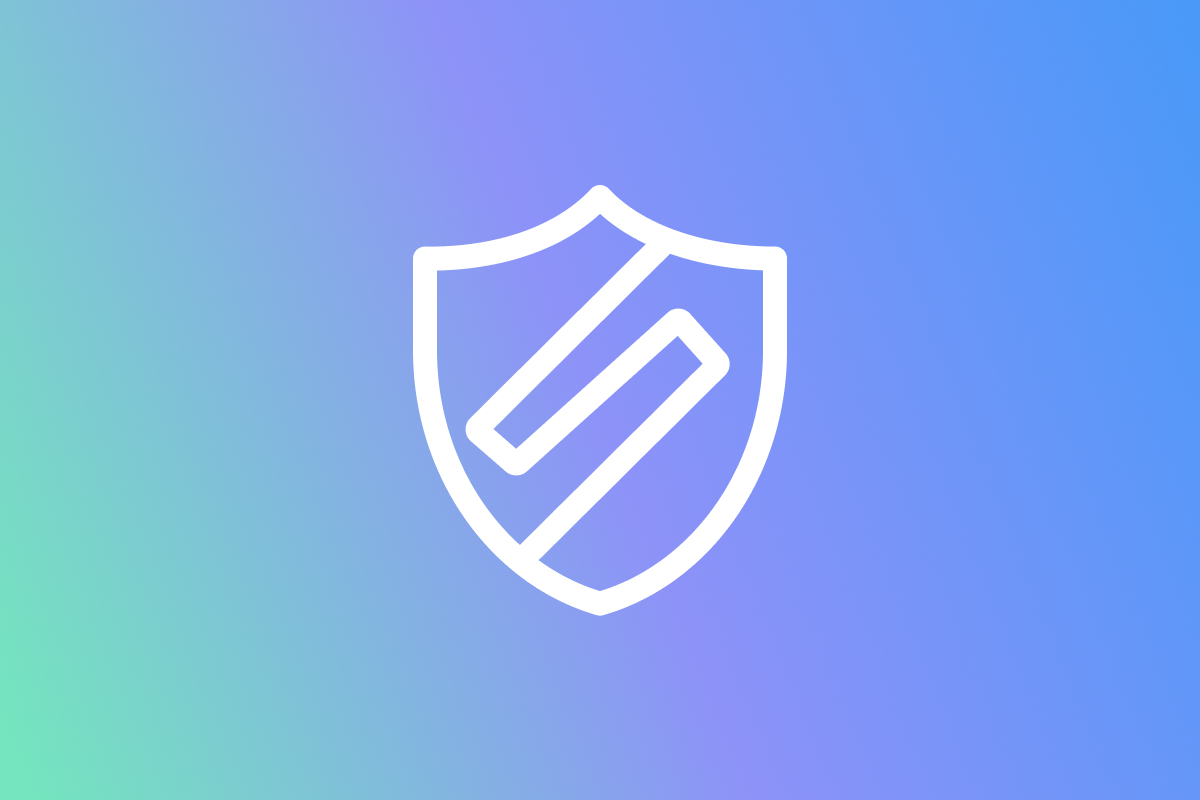Your data is at the mercy of your browser. Most of us have seen warnings about fraudulent websites, apps, and scams, but the security of browsers themselves is still sometimes overlooked.
In this blog, we explore some of the best and worst browsers and give you tips on how you can safeguard your privacy when surfing the internet.
Dangers of insecure browsers
What can happen if you surf the web on a browser that isn’t safe? Let’s take a look at the main dangers associated with using an insecure browser.
Browser hijackers
Browsers that are infected with a browser hijacker can install software and infected links on your computer without you knowing. These malicious programs can change your browser homepage to a different one. It usually changes it to something explicit in nature or a data harvesting page. They can be installed on your computer via an infected browser extension, or even be part of the software itself. Other ways it can get on your computer are through email attachments or downloading infected files.
Adware
Infected adware can be installed on your computer via a known exploit, that is often caused by how that browser manages redirections executed by JavaScript code. Adware shows unwanted advertisements on your screen. It can also disguise itself as a legitimate program that tricks you into installing it onto your computer or device.
Spyware
Insecure browsers contain security flaws that make it easier for spyware to be downloaded onto your computer. It can also get onto your computer through infected chrome extensions. Spyware can monitor and record any activity on your computer, and steal your passwords, financial details, and personal information, which can be used by fraudsters and scammers.
Trojan horses
Trojan horses can infect your computer by exploiting vulnerabilities in your browser. These programs make up approximately 51.45 percent of all malware. These nasty programs can delete your files, copy and modify data, disrupt your computer’s performance, steal information, and install additional malware.
Computer viruses
All of the above programs are different forms of computer viruses, which are malicious programs that can be installed on your device via an infected browser.
These vulnerabilities only serve to highlight the importance of choosing secure browsers that protect your data. Which brings us to our next point: which browsers are good, and which are better off avoided?
Best browsers
The best browsers are ones that protect your privacy and have robust security measures in place that make it more difficult for your device to become infected with a malicious program. Below, we have handpicked some of the best browsers for security and privacy. However, it is worth noting that even the most secure browsers cannot guarantee 100 percent protection against security flaws. They should instead be viewed as one of a number of necessary steps you need to take to protect your data online.
Brave
Brave browser was created by the creator of Javascript, Brendan Eich, in 2016. It offers users total privacy, and includes adblocking, cross-tracker blocking, anonymized network routing, and no collection of IP addresses or other personal details. However, it is important to note that there is a lack of available browser extensions that are compatible with Brave.
Tor
Tor is also known as the onion router, which makes it easier for users to avoid tracking and surveillance. It uses NoScript to delete previous web traffic and delete your browsing history. These features make it popular among activists and those concerned about surveillance. One disadvantage of the Tor browser, however, is that it is known to be slow.
Firefox
Firefox is an open-source browser, which means anyone can analyze their source code and inspect it for dodgy programs. It is also updated regularly and it deletes all your information once you log on. This browser also lets you select the level of privacy and includes enhanced tracking protection. Firefox helps keep passwords safe using 256-bit encryption and notifies you in advance of a data breach.
Iridium
Iridium is known as the safer version of Chrome. It has nearly identical features minus the bloatware and unnecessary Google features. It contains ad and tracking blockers and blocks third-party cookies. It also only allows websites to store local cookies on your computer until you exit by default.
Worst browsers
We know what browsers protect your information — now, what browsers should you avoid? Some of the answers may surprise you; like Google Chrome. It is easily one of the most popular browsers but is actually terrible for security. We discuss why below.
Chrome
Google Chrome collects more personal information and user data than any other browser on the net. It sells your data to third-party advertisers that can then use the information to sell you services and create targeted ads.
Chrome collects sensitive information such as your usage data, location, browsing history, and IP address.
Internet Explorer
Internet Explorer was at one time one of the most popular browsers, accounting for 95 percent of the usage share in 2003. However, ongoing problems with browser security resulted in the browser being discontinued in June 2022, with users being redirected to Microsoft Edge instead.
Microsoft Edge
According to Dublin researchers, the two worst browsers are now Edge and Yandex, due to the security issues they both have. But what is Edge?
Microsoft Edge is essentially a new, improved, and updated version of Internet Explorer. The trouble is that it collects data that can compromise your identity. This data includes things such as IP address, location, and hardware.
Yandex
Yandex is a Russian-based web browser made by a web search company of the same name. This browser collects search queries and sends them to the main server for analysis. It is also very difficult for security experts to check the code for what Yandex does in the background because it is not open source.
Baidu
Baidu uses the same engine that powers Chrome. It attracted controversy in 2020 after it emerged that the browser had leaked user data that allowed third parties to track them. Although it does have a virus scanner, it also installs additional programs on its users’ computers without permission.
How to protect your security
While some browsers are undoubtedly more secure and private than others, the key thing to remember is that every browser is potentially vulnerable to being exploited by bad actors.
Using a safer browser alone does not guarantee that your data will never be leaked. The only way that you can help keep your information safe is by practicing safe browsing habits.
Here are our tips for staying safe online.
Avoid downloading unsafe extensions
Browser extensions can improve the functionality of your browser in an infinite variety of ways. However, before downloading anything, always check that it comes from a trusted source. Be sure to check the number of other people that have downloaded the extension and reviews before you download anything. Take a moment or two to analyze whether you really need the extension first to avoid adding too many extensions to your browser.
Avoid clicking on unknown attachments or links
One of the most common ways that malicious programs can infect your computer is when you click on unknown links or attachments. This is why it is important to only click on links and attachments that you trust. Even if you receive an email attachment from a source you are familiar with, avoid clicking on links until you are able to clarify whether the attachment is legitimate.
Avoid strange websites
Similarly, whenever you get redirected to a website that seems sketchy or unfamiliar in any way, do not visit it. If you do need to visit unfamiliar websites, be sure to research them thoroughly first before you visit them, especially if you were not redirected there from a trusted source. With any website that you visit, always limit the amount of personal information you give away and be very careful with what you download and click on.
Protect your device
Realistically, when so much of our lives are online, it is difficult to completely avoid downloading unfamiliar links or visiting new websites. So to add an extra layer of security, you should definitely consider an online security service, such as Norton 360 with Lifelock, that monitors for identity protection and threats.
It provides comprehensive protection for your devices and includes antivirus, reputation protection, credit monitoring, and alerts. This gives you an extra layer of confidence when browsing websites online. Instead of having to second-guess everything you do online, a service such as Norton 360 with Lifelock can scan and remove malware files, analyze information, and block potential threats so you can surf the net in confidence.

